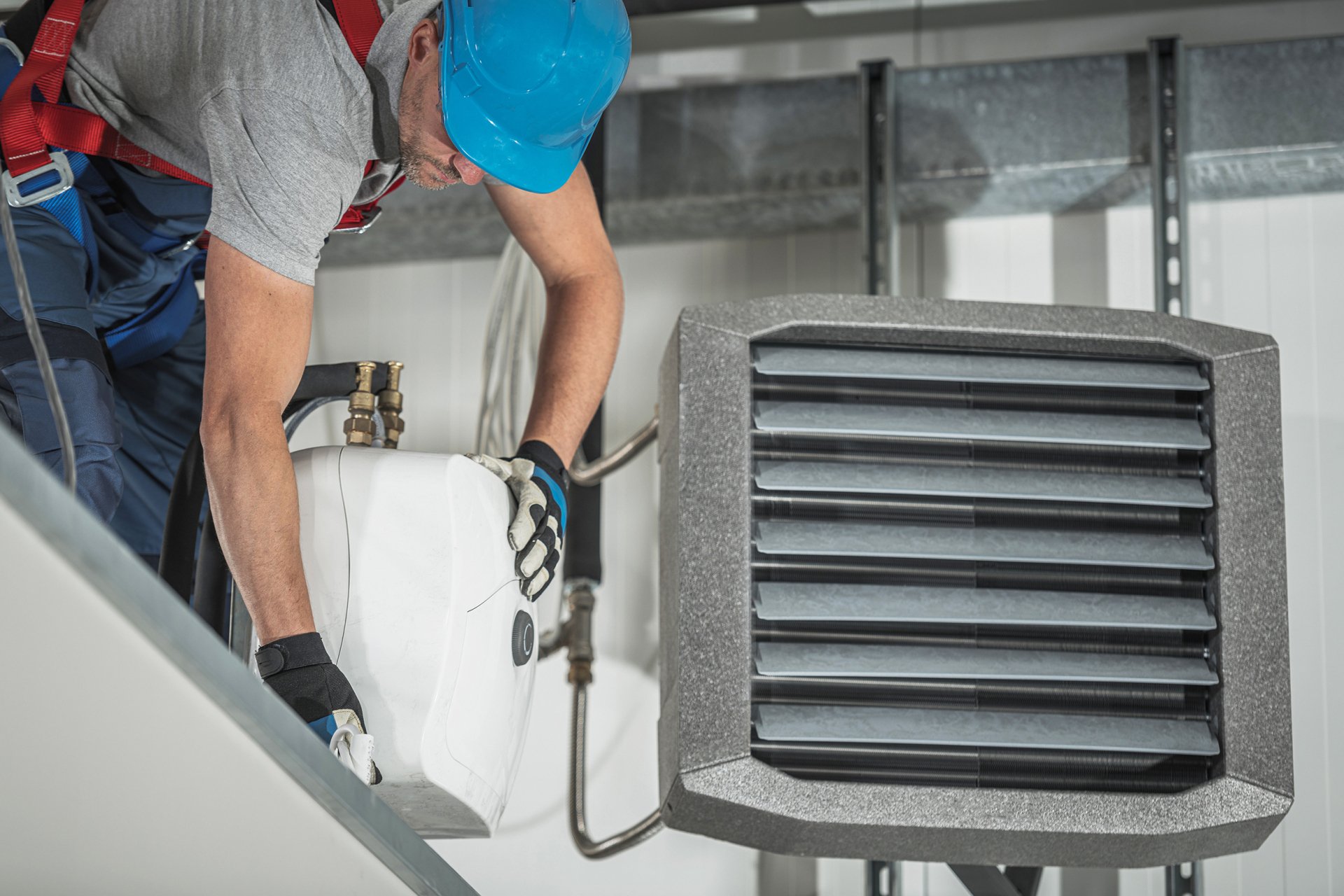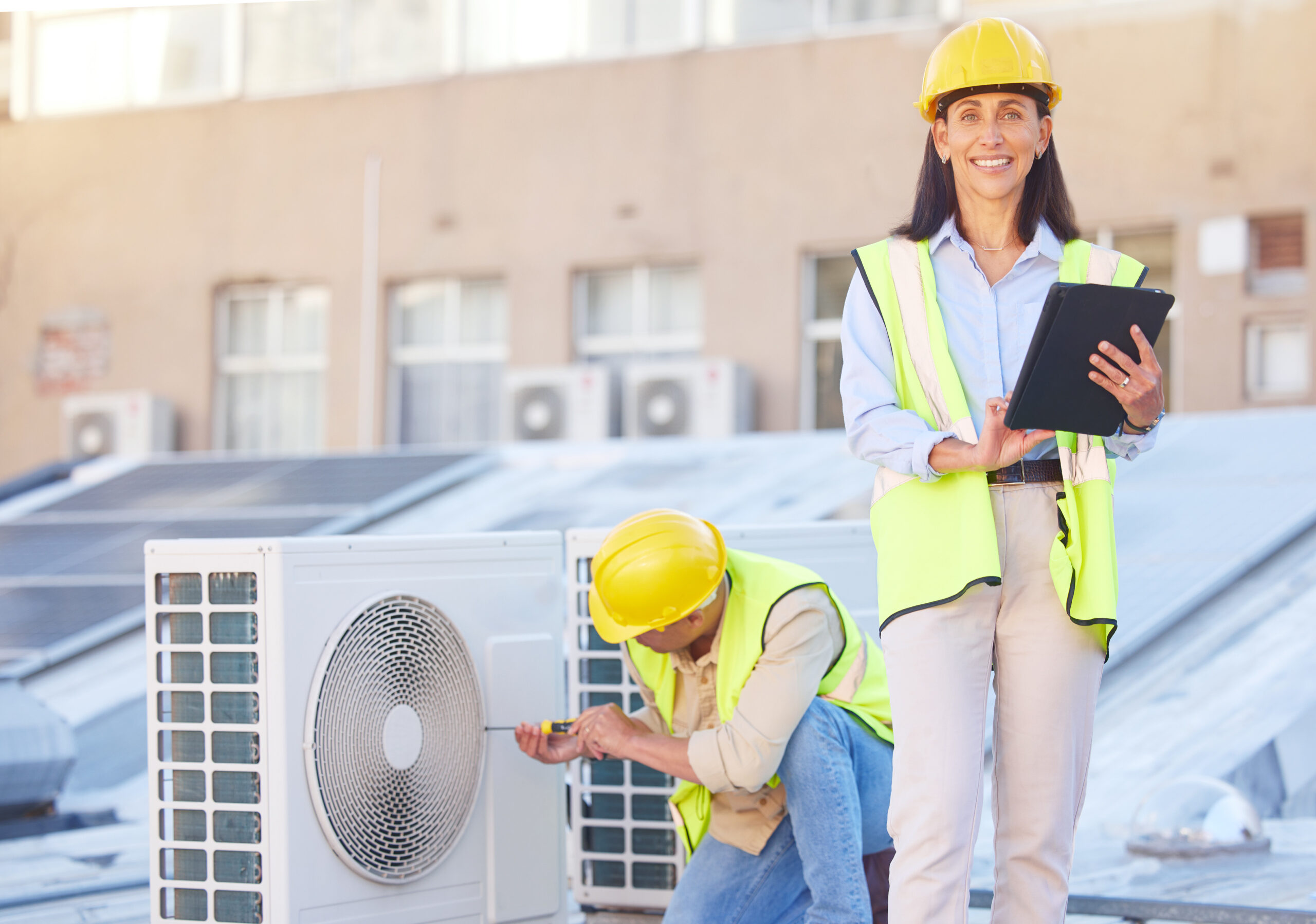Why Older Systems Fail That Signal It’s Time for a furnace replacement
Why Older Systems Fail That Signal It’s Time for a furnace replacement
Blog Article
Picking Between a Heatpump and Heater: Key Considerations for Your A/c Demands
When reviewing home heating options for a/c needs, the decision in between a warmth pump and a furnace can be complicated. Each system provides distinct benefits tailored to specific environments and energy effectiveness goals. Recognizing these differences is necessary for making an educated selection. Secret factors such as installment expenses and ecological influence even more make complex the choice procedure. Which option really aligns with one's convenience and sustainability choices? The following sections will certainly check out these considerations carefully.
Recognizing Warm Pumps: Exactly How They Work and Their Advantages
While many house owners consider different heating choices, understanding just how heatpump function and their benefits can considerably affect their decision. Heatpump operate by moving heat as opposed to generating it. In the winter, they extract warmth from the outside air or ground and move it indoors, while in the summer season, they reverse this process, cooling the home by eliminating warm outside. This dual functionality makes them versatile for year-round climate control.One of the key benefits of heatpump is their energy performance. They make use of substantially less electricity compared to typical heating systems, potentially resulting in lower utility expenses (heat pump installation ooltewah tn). In addition, heatpump have a smaller sized carbon footprint, making them an eco-friendly selection. They also require less upkeep than conventional systems, contributing to lasting price financial savings. On the whole, recognizing the technicians and advantages of heatpump can help property owners make notified decisions concerning their heating and cooling needs
Checking Out Heating Systems: Kinds, Operation, and Advantages
Heaters come in numerous types, consisting of gas, electrical, and oil models, each with unique operational devices. Understanding these differences is necessary, as they affect performance and home heating efficiency. In addition, heating systems supply numerous benefits, such as regular heat outcome and integrity in colder environments.
Kinds of Heaters
Heating unit can vary substantially in style and operation, with furnaces being a prominent option amongst home owners. There are a number of sorts of furnaces, each making use of various gas sources and modern technologies. Gas furnaces are common, leveraging all-natural gas to generate warmth effectively. Electric heaters, on the various other hand, use electrical resistance to produce heat, commonly favored for their uncomplicated installation. Oil furnaces, while less typical, are effective in locations with minimal gas access (heat pump installation ooltewah tn). In addition, condensing heaters maximize energy performance by capturing and recycling exhaust gases. Each type runs through a system of warmth exchangers and ductwork to distribute cozy air throughout a home. Understanding the distinctions between these heater types is important for informed heating and cooling decisions
Benefits of Heaters
For property owners seeking reliable warmth throughout chilly months, the benefits of furnaces are considerable. Furnaces give regular home heating, ensuring even temperatures throughout the home. They are especially efficient in extreme chilly, often exceeding heatpump in icy problems. Different kinds, consisting of gas, electric, and oil heating systems, provide flexibility to meet diverse requirements and preferences.Furnaces likewise have a tendency to have reduced preliminary setup expenses contrasted to heatpump, making them a more available alternative for lots of. Their durable layout adds to a much longer lifespan, with many devices lasting over 15 years with proper maintenance. Furthermore, modern furnaces are usually geared up with sophisticated modern technology for enhanced effectiveness, which can result in lowered energy bills. Generally, heaters remain a reliable option for reliable home heating.

Power Effectiveness: Contrasting Warmth Pumps and Furnaces
When comparing energy efficiency in between heat pumps and furnaces, the Seasonal Power Efficiency Ratio (SEER) plays an important role in determining efficiency. In addition, a functional cost evaluation discloses the lasting economic implications of each system. Comprehending these variables can direct homeowners in making notified decisions about their heating services.
Seasonal Power Performance Ratio
Energy efficiency plays a vital function in the decision-making procedure in between warmth pumps and furnaces, specifically when taking into consideration the Seasonal Energy Effectiveness Proportion (SEER) This statistics procedures the cooling efficiency of heatpump over a whole air conditioning period, giving a standardized method to evaluate efficiency. Higher SEER scores suggest greater energy performance, converting to reduced energy consumption and reduced utility bills. In comparison, furnaces are generally evaluated utilizing the Yearly Fuel Application Performance (AFUE) score, which mirrors heating effectiveness. When contrasting these 2 systems, home owners should focus on SEER rankings for heatpump, as they directly influence general power financial savings and environmental sustainability. A complete understanding of SEER can especially influence the long-lasting contentment and cost-effectiveness of the picked HVAC solution.
Functional Cost Evaluation
Comprehending the functional expenses connected with warm pumps and heating systems is important for property owners evaluating their options. Heatpump commonly offer greater energy efficiency, transforming electrical power into warmth with marginal waste. This results in reduced regular monthly energy bills, particularly in modest climates. On the other hand, traditional furnaces, specifically gas versions, might have reduced ahead of time expenses but can incur higher functional expenses gradually because of sustain costs and performance ratings.Moreover, heat pumps can function as both heating and cooling systems, potentially lowering official website the demand for different cooling and heating units. While preliminary investments for warmth pumps may be greater, their long-term savings in energy effectiveness can make them an extra cost-efficient choice for lots of homes. Cautious evaluation of local power prices is important to determine the very best alternative.
Installation Prices: What to Expect for Each Home Heating System
Setup costs for furnace can differ substantially between heatpump and furnaces, affecting house owners' decisions. Heatpump typically have higher ahead of time installation prices, commonly varying from $3,500 to $8,000, relying on the unit size and complexity of installation. This consists of the exterior system, interior handling system, and required ductwork alterations. Conversely, furnaces tend to have reduced initial prices, balancing in between $2,500 and $6,000, which can be appealing for budget-conscious home owners. Installment expenses can boost if comprehensive ductwork is required.Moreover, the option of fuel kind for heaters-- all-natural gas, propane, or electrical-- can additionally influence installation costs. While heatpump supply power performance, their first investment may discourage some customers. Eventually, evaluating installation prices along with long-lasting financial savings and efficiency will aid homeowners in making informed choices concerning their furnace.
Climate Factors To Consider: Which System Does Better in Your Area
Just how do environment problems influence the performance of furnace? The performance of heatpump and heaters can differ greatly depending upon the regional climate. In moderate climates, warm pumps succeed by efficiently moving warmth from the outside air, making them an energy-saving option. Nonetheless, their efficiency diminishes in exceptionally chilly temperature levels, where they may struggle to draw out enough warm. Conversely, heating systems, especially gas models, offer consistent and trustworthy warm no matter exterior problems, making them better in colder regions.In locations that experience milder wintertimes, warmth pumps can operate properly year-round, supplying both cooling and heating. In comparison, regions with extreme winter seasons usually take advantage of the robustness of heating systems. Eventually, understanding the neighborhood environment is vital when making a decision between a heat pump and a heater, as it directly influences their functional effectiveness and total efficiency.
Maintenance Needs: Long-Term Treatment for Heat Pumps vs. Furnaces
While both heatpump and heating systems need regular maintenance to assure peak performance, their details demands and treatment regimens vary significantly. Heaters generally require much less regular interest, with yearly evaluations being sufficient to look for gas leakages, clean filters, and assess general capability. Their easier design typically enables simple repairs.In contrast, warmth pumps necessitate biannual upkeep as a result of their twin duty in cooling and heating. This consists of cleansing coils, inspecting cooling agent degrees, and making certain that both the interior and outside devices operate at their ideal. In addition, heatpump upkeep usually entails more elaborate elements, making expert maintenance essential.Neglecting maintenance can bring about diminished performance and boosted power costs for both systems. Ultimately, homeowners should take into consideration these long-term care needs when selecting in between a warm pump and a heating system, as aggressive upkeep can expand the life expectancy and efficiency of either system substantially.
Environmental Influence: Choosing a Sustainable Heating Choice
The ecological impact of furnace is a vital examination for house owners seeking sustainable options. Warmth pumps are typically more energy-efficient than conventional furnaces, as they transfer heat instead than create it, substantially decreasing carbon discharges. By making use of eco-friendly energy sources, such as geothermal or air-source heatpump, home owners can even more decrease their ecological footprint.On the various other hand, gas heating systems discharge greenhouse gases and add to air contamination, though they often supply higher warmth output. However, improvements in modern technology have actually resulted in the development of high-efficiency furnaces that decrease emissions.Ultimately, selecting a heater involves evaluating efficiency versus environmental effect. House owners are encouraged to assess regional power sources and rewards for renewable systems, ensuring a selection that straightens with both individual comfort and ecological responsibility. The decision affects not just instant have a peek at this website comfort yet likewise long-term sustainability and environmental wellness.
Regularly Asked Inquiries
How Much Time Do Heat Pumps and Furnaces Typically Last?
The lifespan here are the findings of warmth pumps commonly varies from 15 to 20 years, while heaters can last in between 15 to 30 years. Normal maintenance considerably influences their durability and efficiency in supplying heating options.
Can I Make Use Of a Warm Pump in Extremely Cold Climates?
Heatpump can run in exceptionally cool environments, yet their effectiveness reduces as temperature levels drop. In such problems, extra heating sources might be required to keep comfortable indoor temperature levels and assure peak efficiency.

What Is the Sound Level of Heat Pumps Versus Furnaces?
The sound levels of heatpump and furnaces differ substantially. Generally, heat pumps operate even more quietly than typical heaters, making them better for those sensitive to appear, while heating systems might generate louder operational noises during heating cycles.
Are Heat Pumps Suitable for Both Cooling And Heating?
Warmth pumps are without a doubt suitable for both heating & cooling (furnace replacement). They work by transferring heat, offering reliable temperature control year-round, making them a flexible option for property owners seeking an all-in-one HVAC solution
What Dimension Heater Do I Need for My Home?
Establishing the proper size heating unit for a home requires examining factors such as square footage, insulation quality, neighborhood environment, and the home's layout. Consulting a professional can assure an accurate analysis and perfect convenience. Warm pumps normally use higher power effectiveness, converting electrical energy into warm with marginal waste. In modest environments, warmth pumps stand out by effectively moving warm from the outdoors air, making them an energy-saving alternative. Conversely, heaters, specifically gas models, give reputable and constant warm no matter of exterior conditions, making them better in cooler regions.In locations that experience milder winters months, warmth pumps can run successfully year-round, supplying both home heating and air conditioning. Warm pumps are generally more energy-efficient than conventional furnaces, as they move warm rather than generate it, greatly reducing carbon exhausts. By utilizing renewable power sources, such as air-source or geothermal heat pumps, house owners can additionally decrease their eco-friendly footprint.On the other hand, natural gas heating systems discharge greenhouse gases and add to air contamination, though they typically provide higher warm result.
Report this page